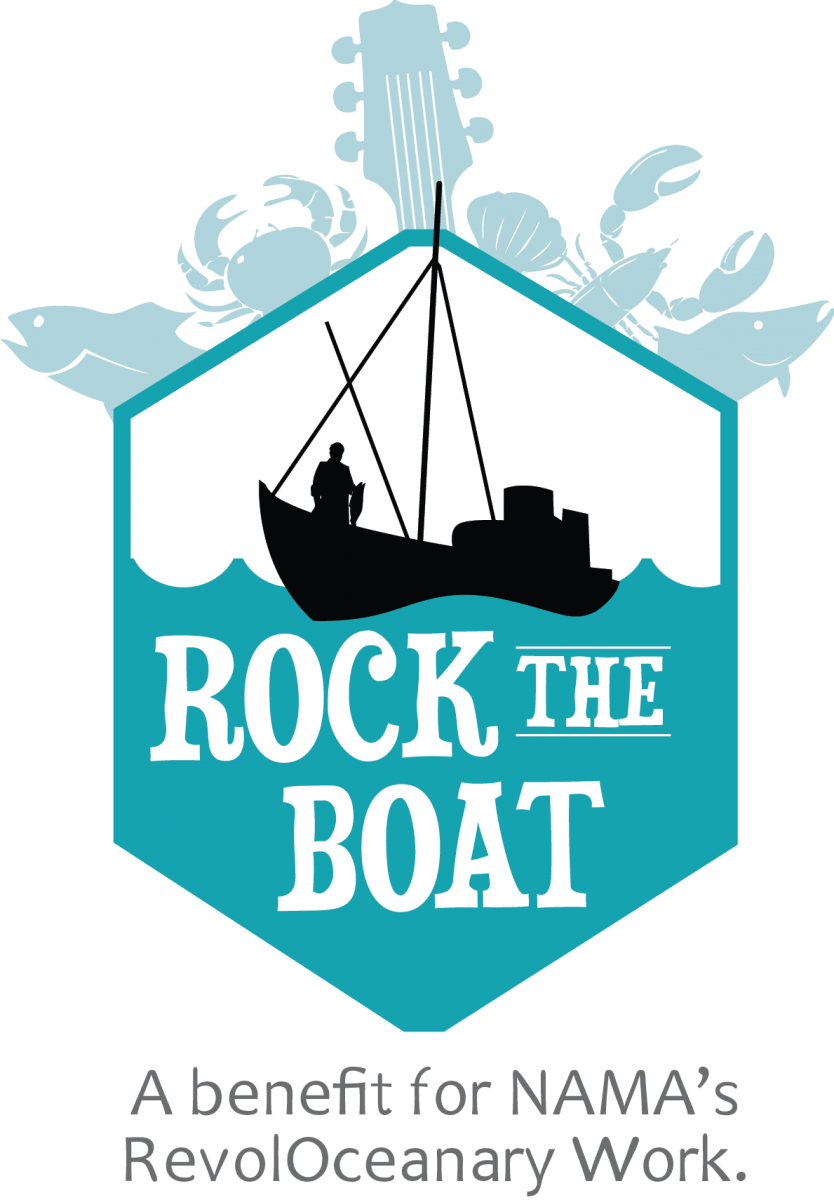
 Policy decisions and market mechanisms that turned farms into food production machines with grave ecological, health and economic consequences are being mirrored on the marine side. Fishing is being turned into a highly extractive industry with similar consequences. We have to rock the boat to undo these policies and upgrade the seafood market in support of community based fishermen who have the smallest ecological footprint, and the biggest social, economic and food system impact.
Policy decisions and market mechanisms that turned farms into food production machines with grave ecological, health and economic consequences are being mirrored on the marine side. Fishing is being turned into a highly extractive industry with similar consequences. We have to rock the boat to undo these policies and upgrade the seafood market in support of community based fishermen who have the smallest ecological footprint, and the biggest social, economic and food system impact.
The Northwest Atlantic Marine Alliance has been taking on this work head on for nearly 20 years. We started to gain major traction over the past six years with the creation of Community Supported Fisheries and convening the Fish Locally Collaborative, a network of advocates and activists including coastal community members, fishermen, scientists, local economy movement, family farm coalitions, sustainable business networks, food system advocates – including many Food Solutions New England partners – and organizers representing inner cities, educational section, health care industry and others.
This Collaborative and network of communities informs our work. Together, we are challenging the policies that are aiming to privatize the ocean and sell off the rights to fish to the highest corporate bidder. All the while taking on some significant players, some who have pledged millions to fight us. But that’s not going to stop this movement. This is what it means to rock the boat!
To celebrate all this, we are having a party aptly named Rock the Boat! We invite you to join us for music of Chelsea Berry and the Bob Marley tribute band, Hope Road, great food from our partners who have worked with us to shift purchasing policies include hospitals, an amazing art exhibit featuring the work of artists who fished or still do, and silent auction. Tickets and more information can be found by visiting this link.
Why Rock the Boat?
Our family fishermen are those who have the lowest ecological footprint yet bring the most social and economic value to our communities. We want to highlight these community based fishermen and support them by saying, thank you and that we think your values ‘rock’! We need to let them know we care and are committed to challenging:
- The national and international push for policies that transform fisheries access from a publicly managed resource toward a private property model leading to consolidation and a corporate takeover of the fisheries.
- Unfair prices for fishermen. Family fishermen do not get paid a fair price for their catch or a price that reflects their true cost of fishing. This forces fishermen into ‘high volume / low value’ fisheries which puts additional pressure on the ocean.
- Current global commodities system that has led to over 92% of seafood consumed in the US to be imported.
- The carbon footprint for the current seafood market. Average distance traveled for seafood consumed in the US is 5,400 miles.
- Inaccessibility of locally caught seafood to communities of color as well as people of low and medium income levels.
- Marginalization of family fishermen in the policy decision making process.
Why family fishermen Rock?
- Employ more people and create better jobs
- A greater percentage of their catch feeds people rather than be used for fish meal for industrial aquaculture, fertilizer, and animal feed
- Have a smaller ecological footprint
- Are the public’s eyes and ears on the front lines of climate change impacts on the ocean
How are we Rocking the Boat?
NAMA is building collaboration models that empower fishing communities to create market and policy alternatives that improve the long-term health of the ocean, local fishing economies, and the overall seafood system. The Fish Locally Collaborative embodies that model designed to build capacity for fishing communities and allies to take collective action on policy and market alternatives. Together we:
- Connected hundreds of fishermen to speak collectively at the policy table to advance regional policies such as Amendment 18 in New England, aimed at creating safeguards for independent fishermen, protecting fleet diversity, and preventing consolidation.
- Worked to expand the Community Supported Fisheries model to nearly 50 fishing communities, nationally and internationally.
- Spearheaded efforts to lift a 70-year ban in the city of Boston to allow direct seafood sales on public property and at farmers markets. This policy is being considered in other fishing communities where similar prohibitions have existed.
- Created the Seafood Throwdown event that brings fishers, chefs, and the public together to educate and take action in support of locally caught seafood.
- Boosted efforts to connect Boat to Institution initiatives, in particular engaging regional hospitals and universities to shift their seafood purchasing power – a multi-billion dollar line item – toward supporting family fishermen.
Niaz Dorry is the Coordinating Director of the Northwest Atlantic Marine Alliance.




